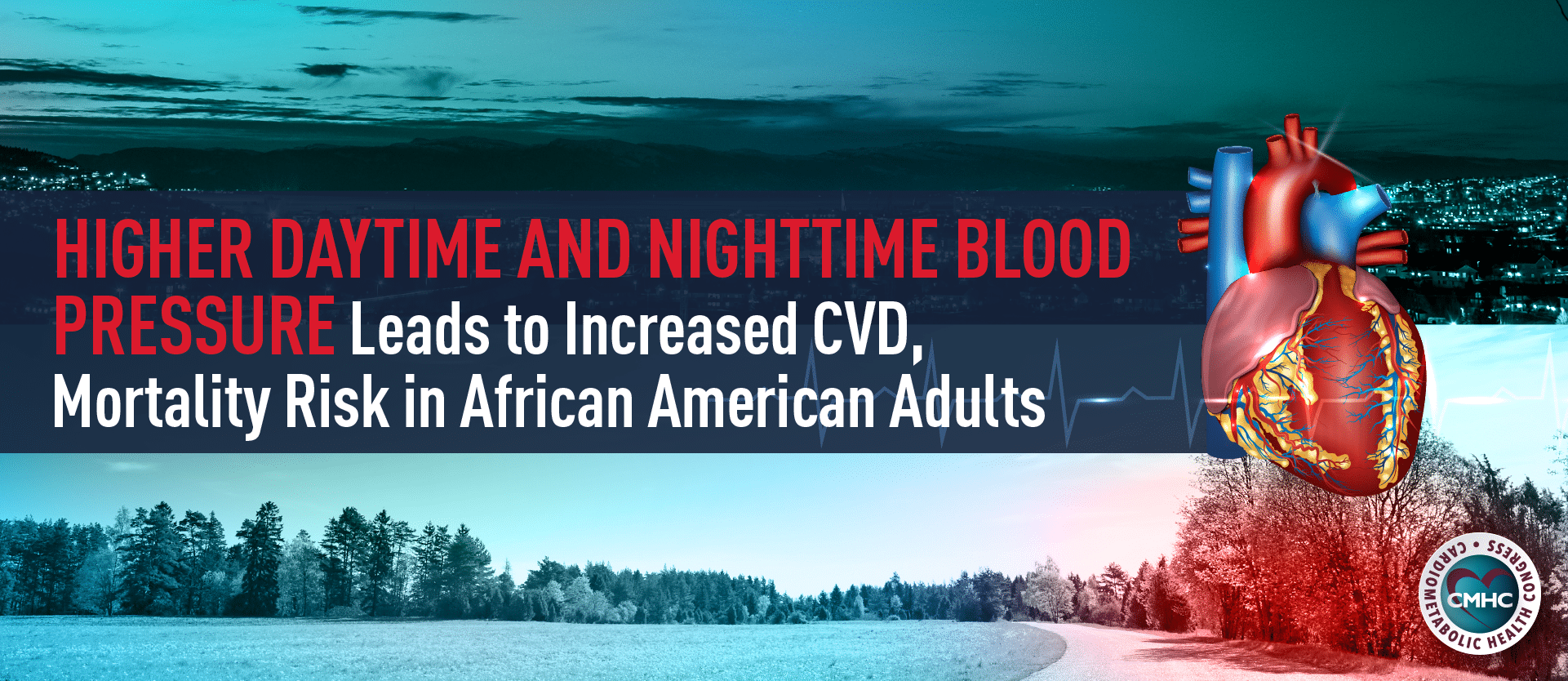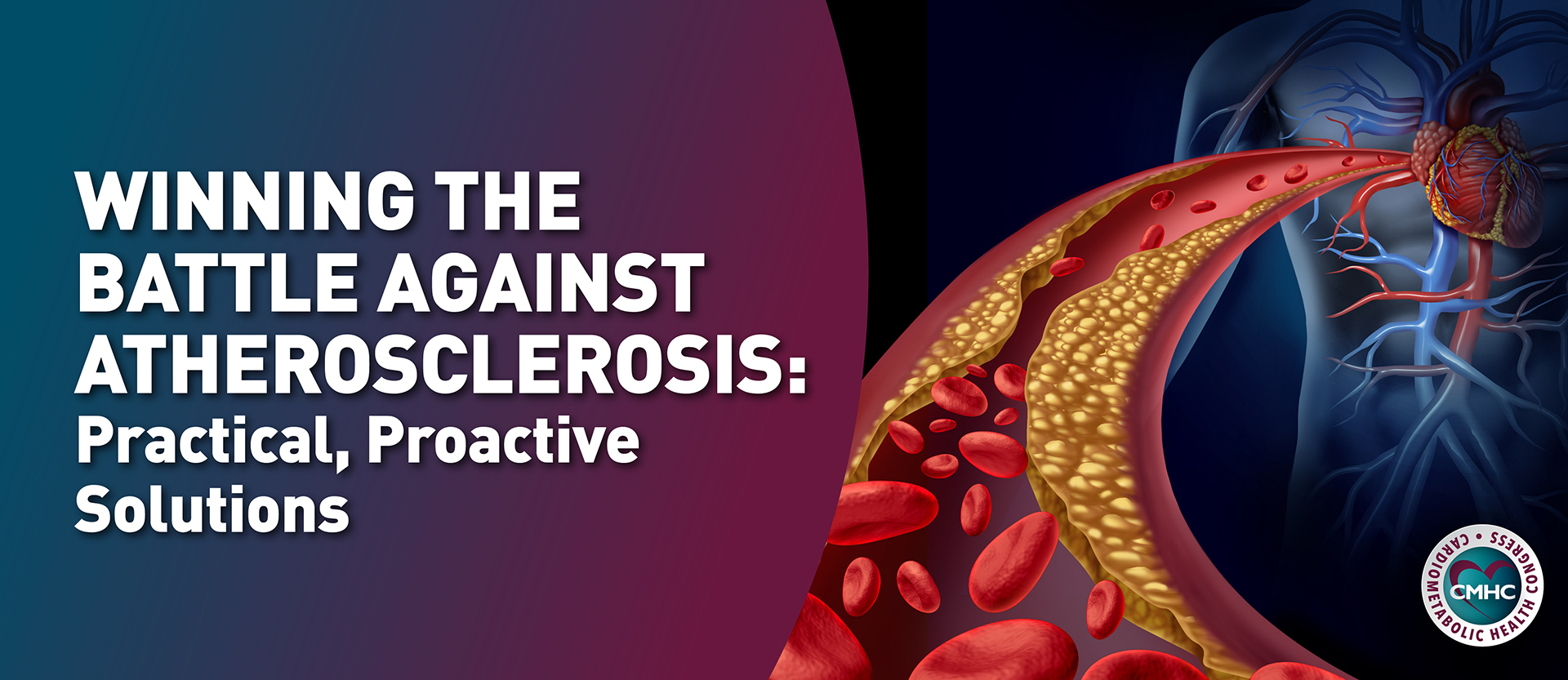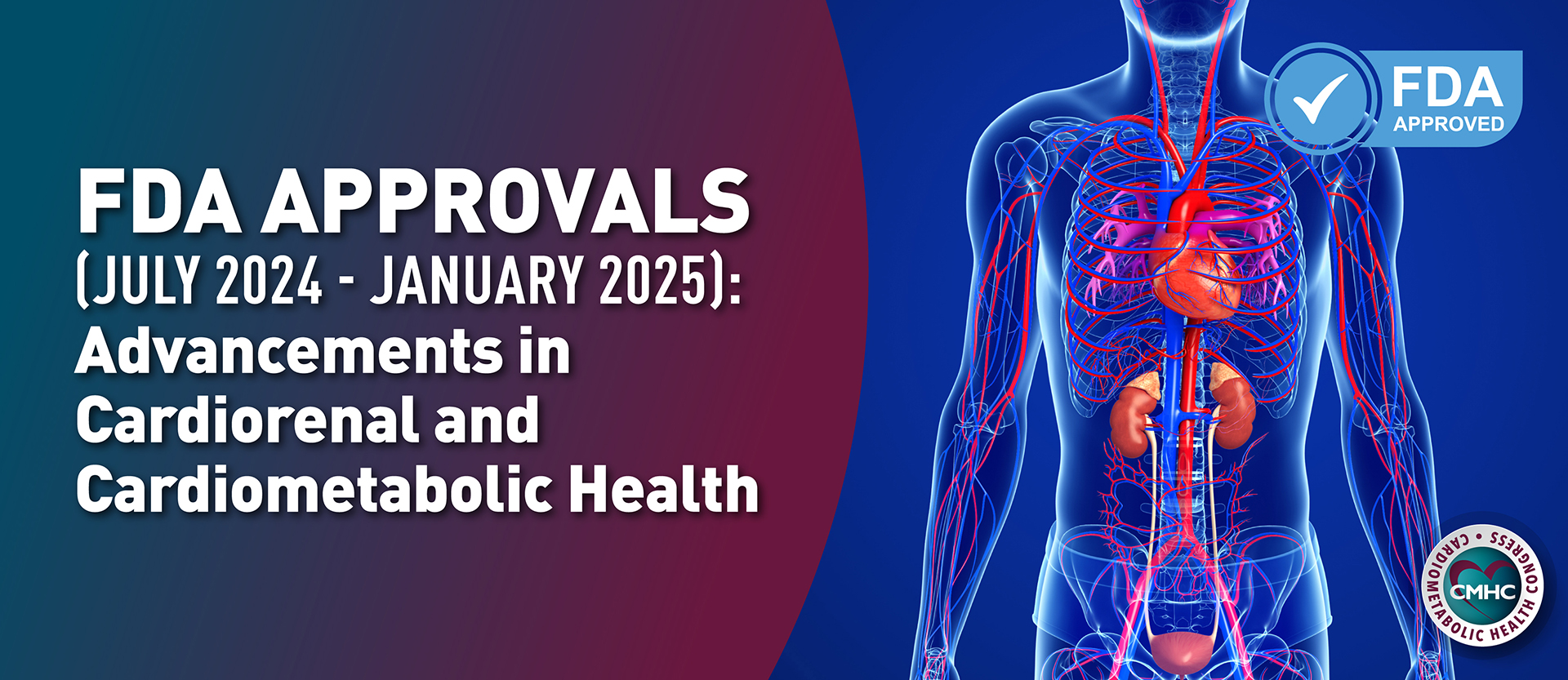The association between hypertension and increased cardiovascular disease risk and all-cause mortality rates has been long known, however, there have been few studies evaluating the impact of high daytime and nighttime blood pressure levels on health outcomes in African-American adults. As the demographic holds the second highest percentage of CVD-related mortality, investigating the risk factors affecting this population group the most is essential to improving health outcomes.
According to new research from Duke University, African American adults with higher daytime and nighttime systolic blood pressure measures may face a significantly increased risk for cardiovascular disease events as well as all-cause mortality. A recent study published in JAMA Cardiology evaluated the health outcomes associated with higher BP levels measured outside of the clinic among African-American adults, finding a correlation between elevated BP measures and cardiovascular disease.
Association of Daytime and Nighttime BP with CVD Events and Mortality
Led by Yuichiro Yano, MD, PhD, FAHA, FASH, assistant professor in the Department of Family Medicine and Community Health at Duke University, a team of researchers aimed to determine whether daytime and nighttime blood pressure levels measured outside the clinic were associated with cardiovascular disease and all-cause mortality independent of BP levels measured inside the clinic within the African American adult population.
Investigators analyzed data from a cohort of 1,034 African-American adults – all of whom were participants of the Jackson Heart Study . The study group was comprised of 32.6% men and had a mean age of 58.9 years; 27% of the cohort had diabetes and 56.4% were taking antihypertensive medication at baseline. All participants completed ambulatory BP monitoring at baseline between 2000 and 2004.
As part of the prospective study, researchers calculated BP measurements obtained while participants were awake, for daytime levels, and asleep, for nighttime measures. All cardiovascular disease events and all-cause deaths were reported through 2014 and 2016, respectively. In analyzing the association of daytime and nighttime BP with CVD events and all-cause mortality rates, researchers used Cox proportional hazards regression models to ensure the accuracy of their results.
Results and Implications
At baseline, the mean recorded daytime blood pressure was 129.4/77.6 mm Hg while mean nighttime BP was 121.3/68.4 mm Hg. During the average follow-up period of 12.5 years, researchers found that 113 CVD events had occurred; after 14.8 years follow-up for all-cause mortality, 194 deaths were reported. After making multivariable adjustments, researchers reported that hazard ratios revealed an elevated risk of CVD with higher daytime and nighttime systolic as well as diastolic BP. Increased rates of all-cause mortality were associated with higher nighttime systolic blood pressure readings, however, no correlation was found between daytime systolic, daytime diastolic, or nighttime diastolic BP levels, according to the study’s results.
Researchers found a clear association between higher daytime and nighttime systolic blood pressure levels and increased risk for CVD events as well as all-cause mortality independent of BP levels measured in the clinic within the cohort of African American adults. The study’s authors note that their findings support using the 2017 ACC/AHA BP recommendations promoting the use of ambulatory BP monitoring for the management of hypertension.
Furthermore, the study’s authors suggest that measuring daytime and nighttime blood pressure levels during a 24-hour period may help health care practitioners identify African American individuals who may face an increased risk of CVD. This could help practitioners implement improved prevention protocols and better inform treatment strategies, helping to mitigate the high prevalence of the disease in this particular demographic.








